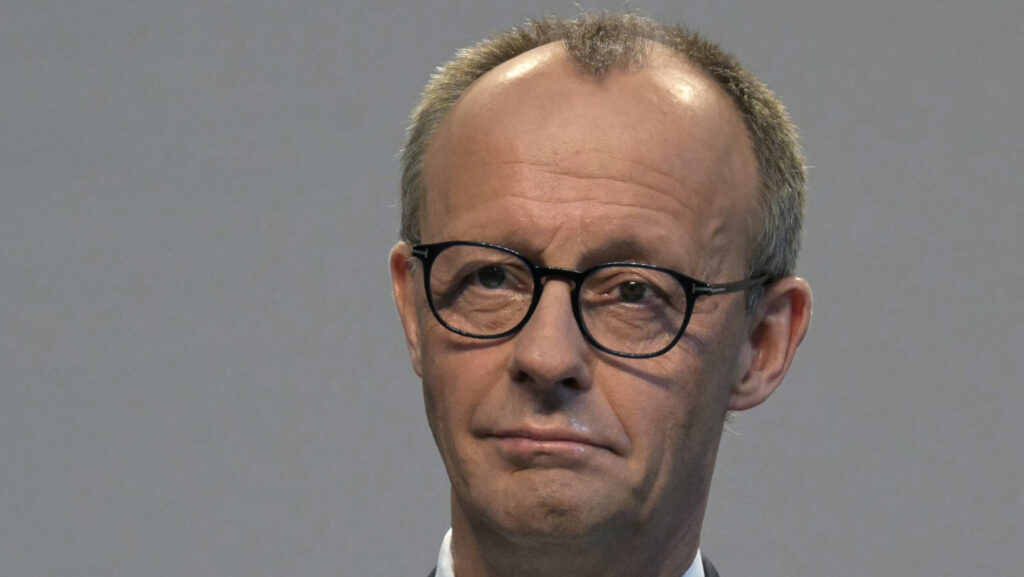
With the CDU–SPD coalition agreement presented on Wednesday, it has become clear that the new government, under the leadership of Friedrich Merz, will prioritize Ukraine’s interests over those of Germany and its people. Having failed to deliver on his own campaign promises, Merz is already paying the price for his political betrayal: Alice Weidel’s AfD has overtaken the CDU, becoming the largest party in Germany by a margin of one percentage point.
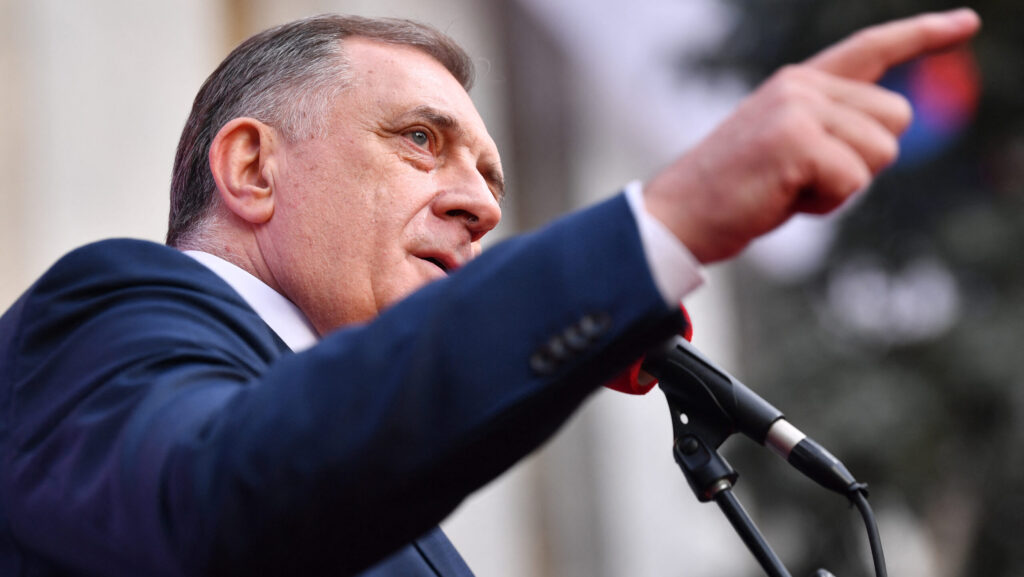
‘Bosnia and Herzegovina is facing the most serious constitutional crisis since its inception, and this crisis will be resolved through political and legal means,’ President of Republika Srpska Milorad Dodik told Hungarian Conservative. In the interview, the Bosnian Serb leader—currently facing two arrest warrants—sets out the lesser-known perspective of the ongoing tensions in the Western Balkans.
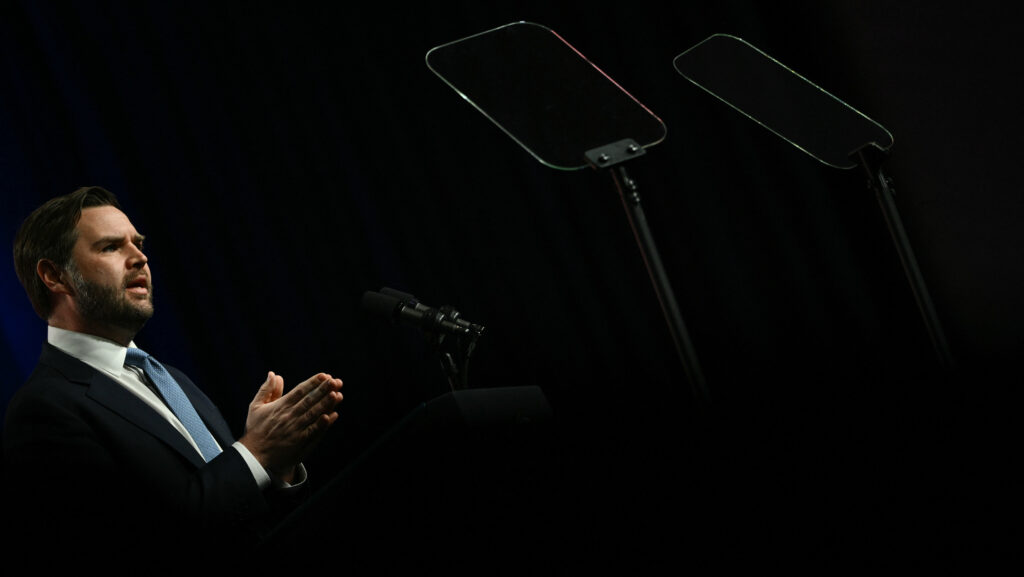
US Vice President JD Vance warned that Europe is heading toward ‘civilizational suicide’ due to unchecked migration, shrinking freedoms and embracing a woke agenda. Hungary is among the few bright spots, credited for defending its borders and national identity.

China rejected Ukrainian President Volodymyr Zelenskyy’s claim of large-scale Chinese military involvement on Russia’s side on Wednesday. Kyiv announced on Tuesday that two Chinese citizens had been captured in Donetsk and suggested that there could be ‘many more’ fighting against Ukrainian forces.
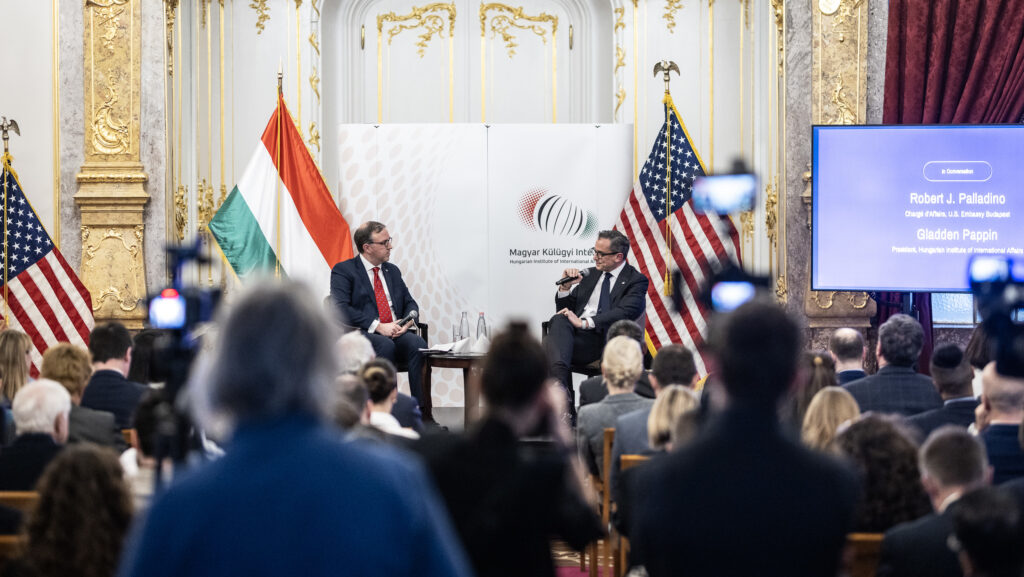
‘Thanks to the strong relationship between President Trump and Prime Minister Orbán, there is real space—on the ground, in government, in business, and among ordinary citizens—to build something meaningful,’ US Chargé d’Affaires ad interim Robert Palladino remarked during a discussion on US–Hungary relations with President of the Hungarian Institute of International Affairs Gladden Pappin.
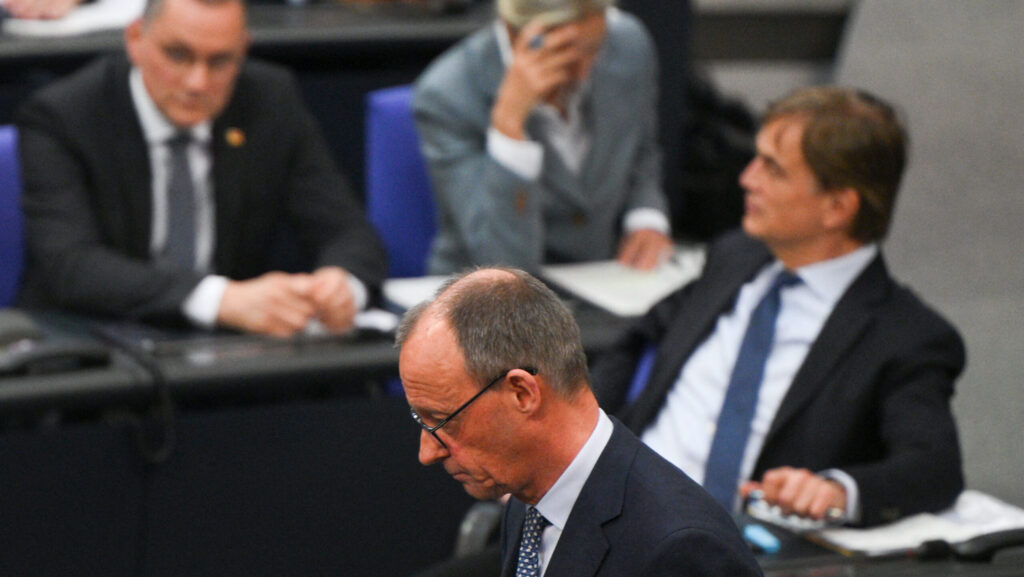
Alternative für Deutschland reaches record-high support, matching the election-winning CDU, according to an INSA–Bild poll published on Monday. The surge comes as Germany’s soon-to-be Chancellor, Friedrich Merz, faces backlash for turning on his own voters on key issues such as migration and fiscal policy.
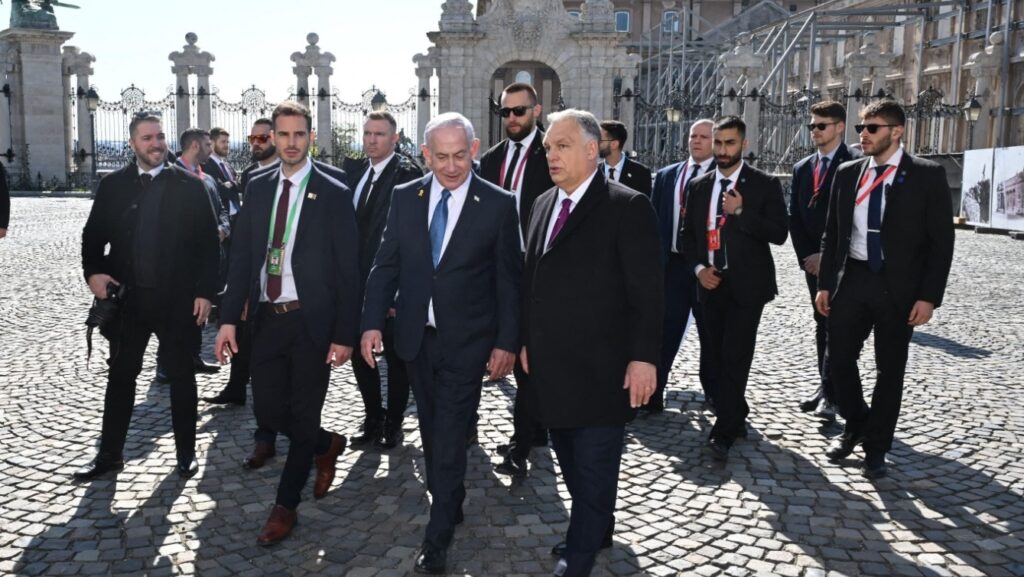
Human rights NGOs such as Amnesty International and the International Federation for Human Rights joined Hamas in expressing their outrage over Hungary’s decision to withdraw from the International Criminal Court and to refuse the arrest of Israeli Prime Minister Benjamin Netanyahu. They also called on the European Union to revoke Hungary’s voting rights.
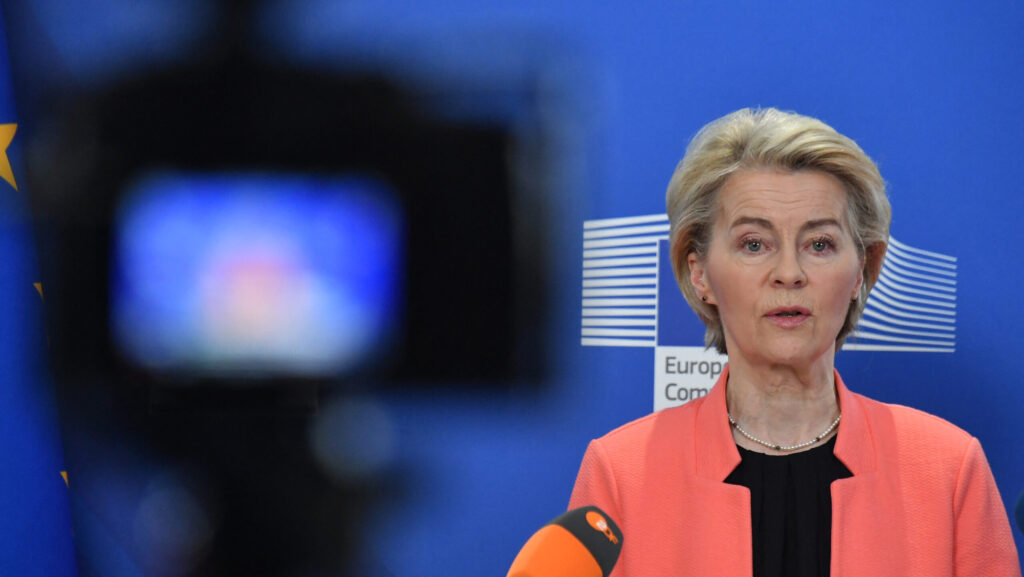
As USAID’s activities—and its shady tactics of foreign interference—are increasingly becoming just a bad memory, the European Union is stepping in to bail out the network of NGOs previously funded by the American federal agency. Through a new directive, Brussels plans to establish so-called European Cross-Border Associations, which would provide foreign-funded NGOs with a protective shield.
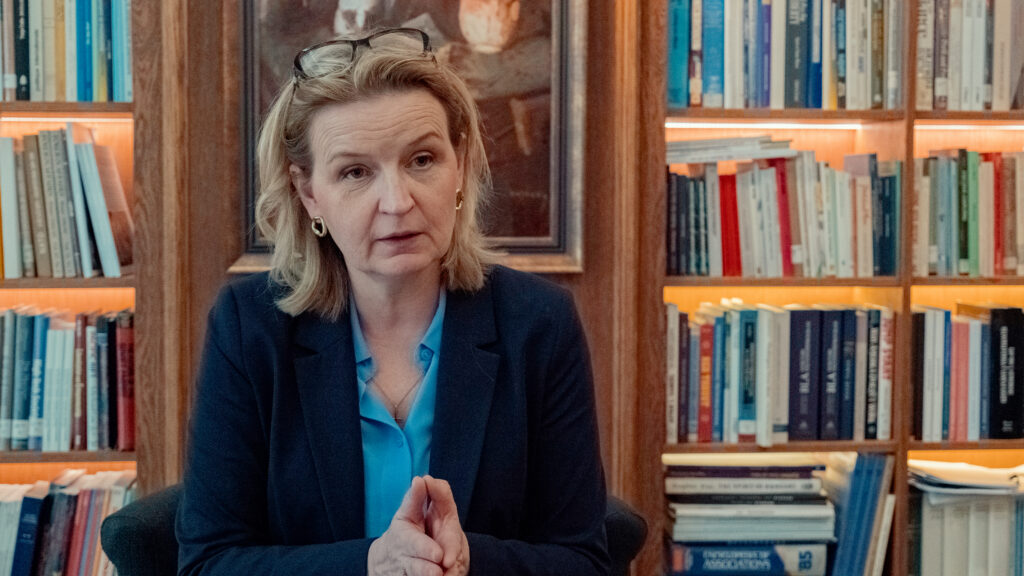
‘Some left-wing think tanks in Poland are even saying we should stop trying to reverse demographic trends and instead “adjust” to depopulation. That’s like admitting defeat. It’s promoting a losing strategy,’ former Polish Deputy Minister of Family and Social Policy Barbara Socha highlighted in an interview with Hungarian Conservative.
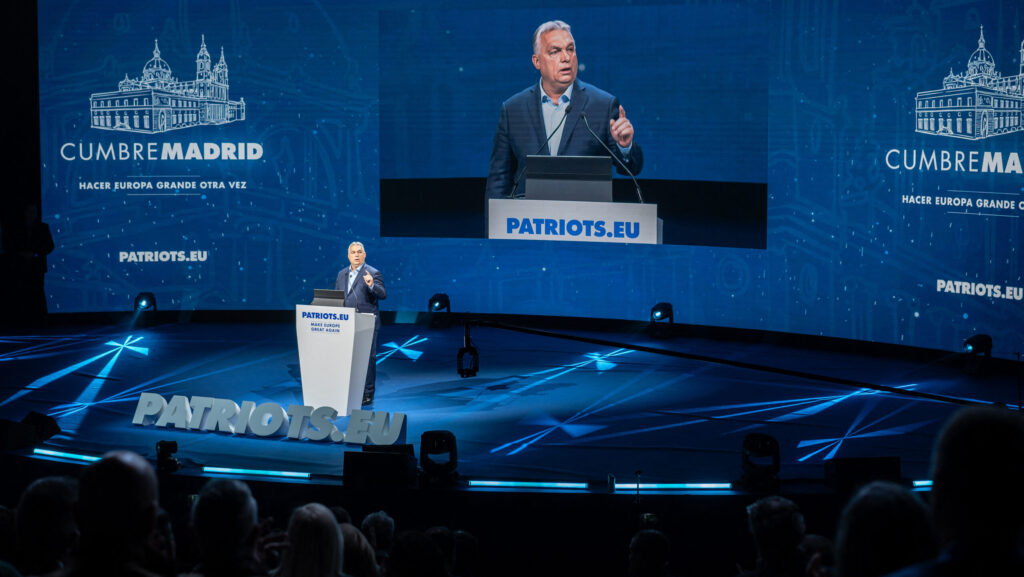
‘If we look at the crises that have damaged the EU in recent years, and evaluate them through the lens of the EU’s real interests, it becomes increasingly clear that Viktor Orbán is not the EU’s greatest threat—but its most pro-EU leader. In fact, he might be the only one.’
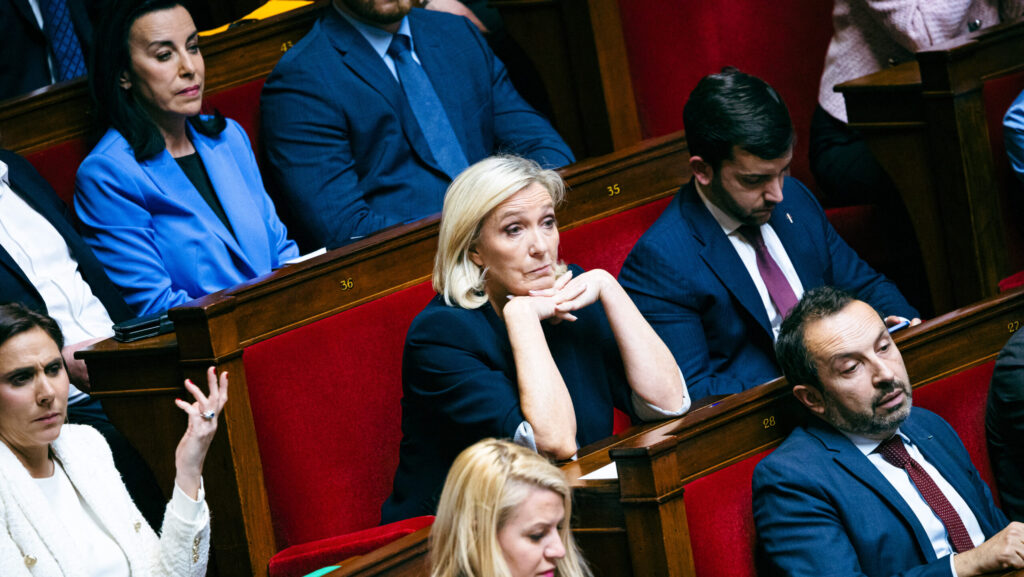
US President Donald Trump has joined the chorus of right-wing leaders around the world in condemning the conviction of French opposition figure Marine Le Pen and calling for a fair trial. What makes the case appear even more politically compromised is the role of Richard Ferrand, President of the French Constitutional Council and a close ally of Emmanuel Macron—who himself has faced legal proceedings related to corruption in the past.
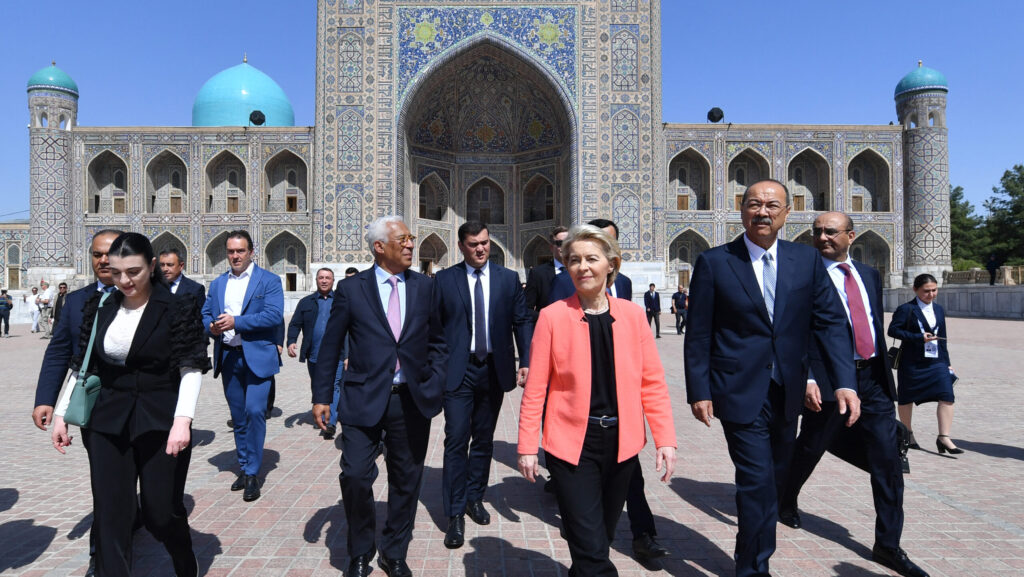
The first-ever EU–Central Asia summit has just kicked off as Ursula von der Leyen and António Costa arrived in Uzbekistan. Brussels is now trying to assert its influence over the region, which is widely seen as one of the future economic and trade powerhouses. However, most EU member states lack the deep connections and relationships with the Central Asian republic, except for one: Hungary.
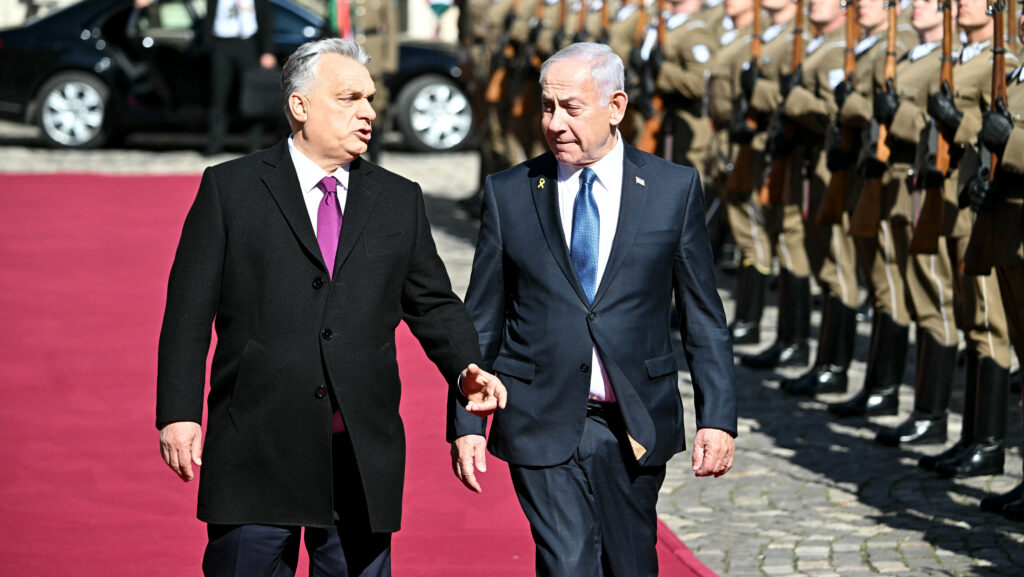
Hungary is withdrawing from the International Criminal Court, following years of scepticism toward it. The announcement coincided with the arrival of Israeli Prime Minister Benjamin Netanyahu in Budapest for talks with his Hungarian counterpart, Viktor Orbán.
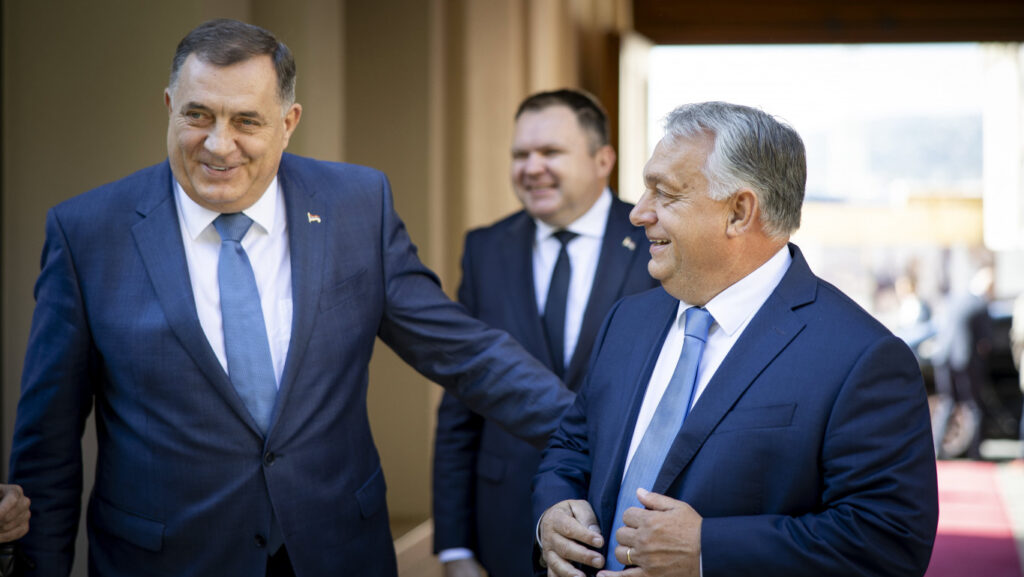
Interpol has dropped the international arrest warrant for President of Republika Srpska Milorad Dodik, which had been requested by the Court of Bosnia and Herzegovina. Dodik welcomed the decision, stating that Interpol is ‘not at the service of Sarajevo’, and expressed his gratitude to Hungarian Prime Minister Viktor Orbán for his support.

‘When I come to Hungary, I’m always amazed by how many young people are in important positions or leading organizations. That’s rare in Japan, where seniority and relationships established over decades is prioritized youth, talent and expertise. Japanese society doesn’t value young people enough,’ Japanese journalist Waka Ikeda pointed out in an interview with Hungarian Conservative.
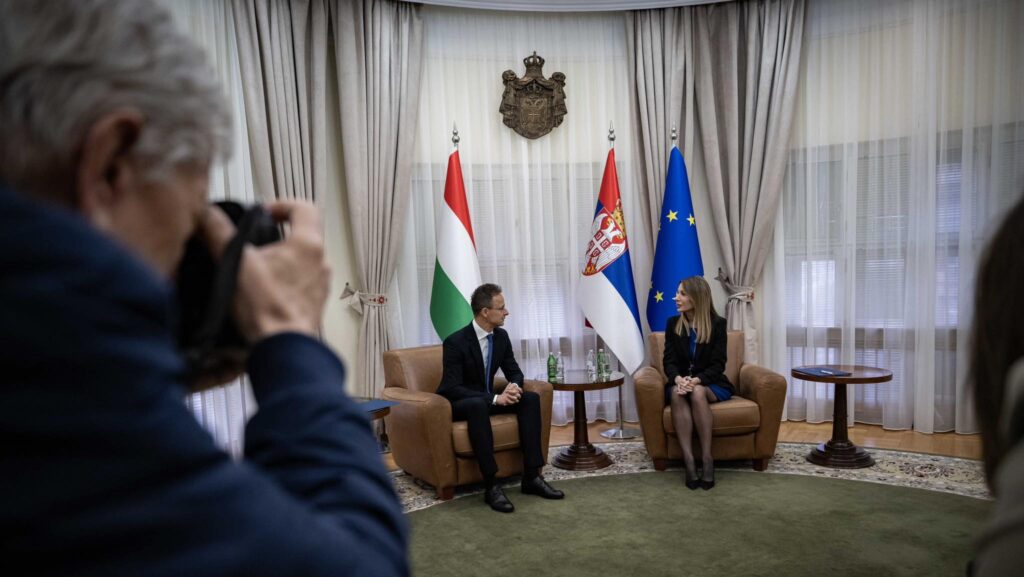
Amid growing uncertainty in regional energy supply, Hungary and Serbia have decided to take matters into their own hands by constructing a joint oil pipeline connecting the two countries. According to Hungarian Minister for Foreign Affairs and Trade Péter Szijjártó, the investment is valued at approximately $350 million.
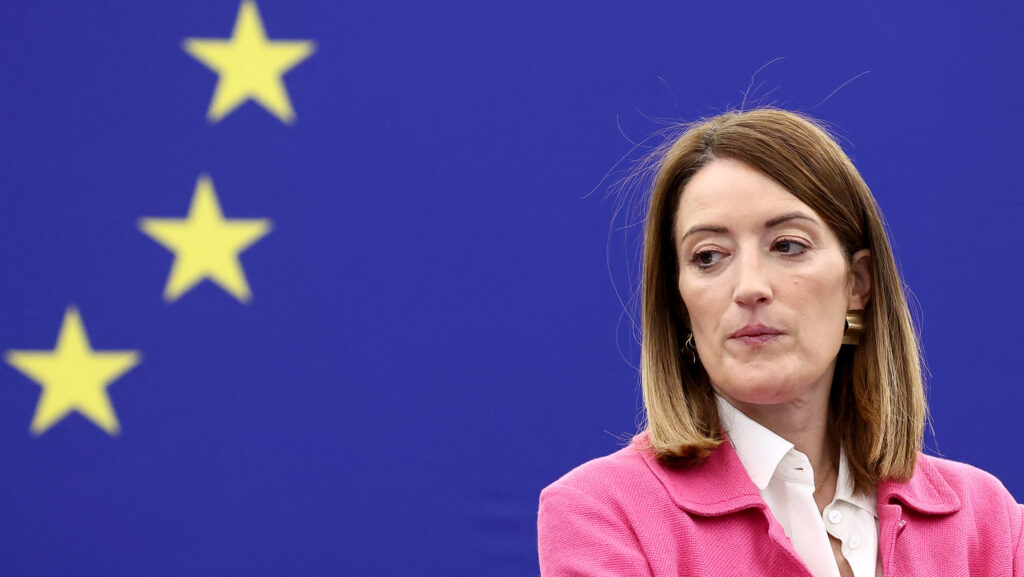
The European Parliament is set to debate Hungary’s new legislative package, which includes amendments to the law on the right of assembly—labelled by progressives as a ‘Pride ban’—as well as stricter regulations on foreign-funded NGOs and media outlets. However, as democratic as it is, the EP has ‘forgotten’ to invite Hungary to participate in or respond during the debate.
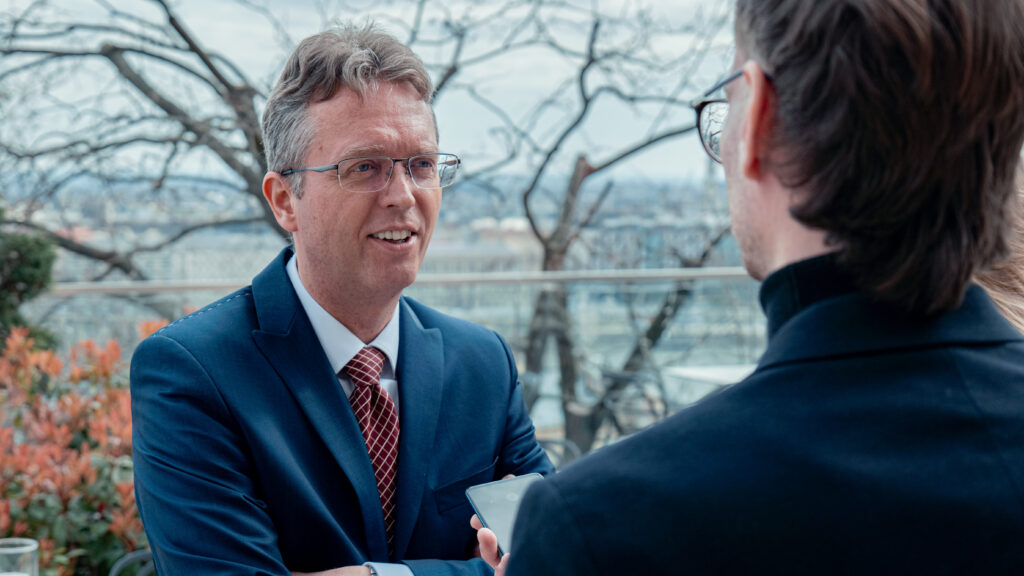
‘Those countries that are thinking about their future are looking to Hungarian family policy as a model. The fundamental pillars of Hungarian family policy are the protection of family values and the financial support for families raising children,’ Minister for Culture and Innovation Balázs Hankó highlighted in an interview with Hungarian Conservative.

Media reports have emerged alleging that Hungary has appealed against Interpol’s arrest warrant for Milorad Dodik. Serbia—a close ally of both Hungary and Republika Srpska—also lodged a complaint, arguing that the red notice issued on 28 March violates Article 3 of Interpol’s Statute.
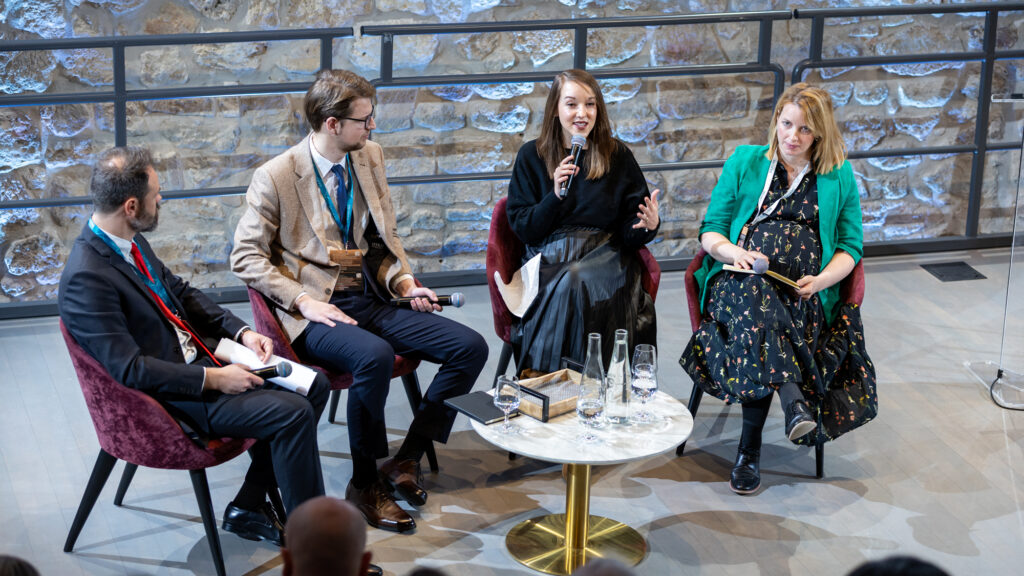
The Danube Institute’s two-day conference on family formation and demographic decline continued with a panel discussion comparing Hungarian and American policies and perspectives on the issue. Participants agreed that the West faces a civilizational crisis but expressed hope in the Trump administration’s shift—led by Vice President JD Vance—toward a pro-family approach.
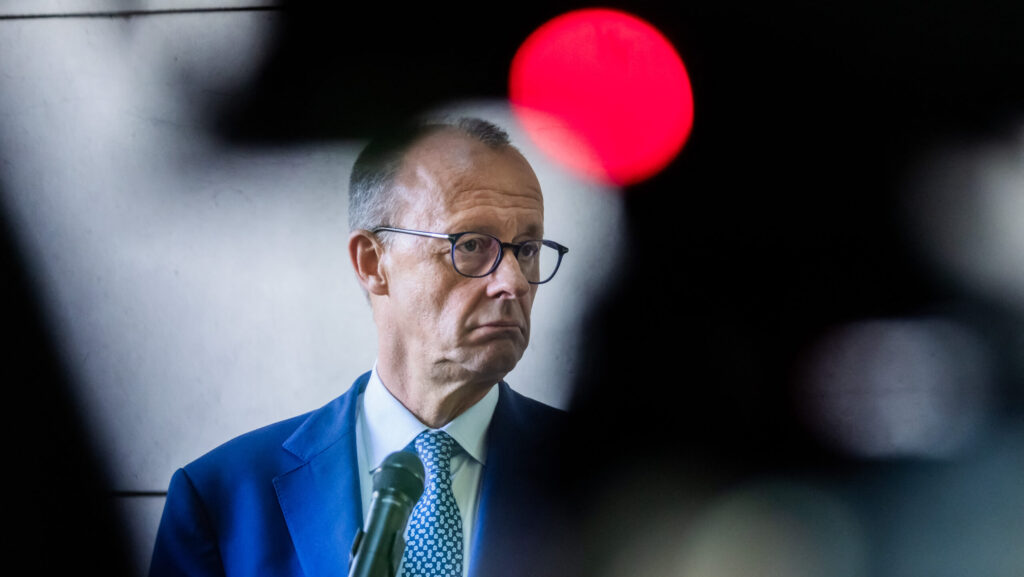
According to POLITICO, Germany’s incoming government plans to call on the European Union to withhold funds and suspend voting rights from member states deemed to be ‘misbehaving’. The news fits into a broader, coordinated campaign by pro-war forces seeking to sideline Hungary—the only country currently standing in the way of the EU’s potential escalation into open conflict with Russia.
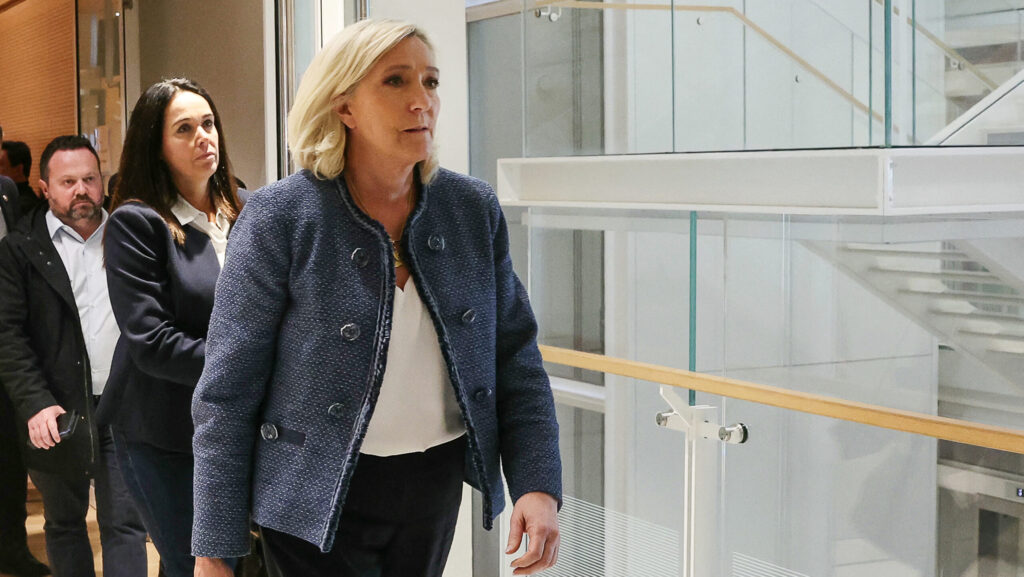
French right-wing leader Marine Le Pen was found guilty on Monday of embezzling European Parliament funds and barred from standing in elections for the next five years. Hungarian Prime Minister Viktor Orbán, along with other prominent figures of the European right, expressed solidarity with Le Pen and condemned the conviction.
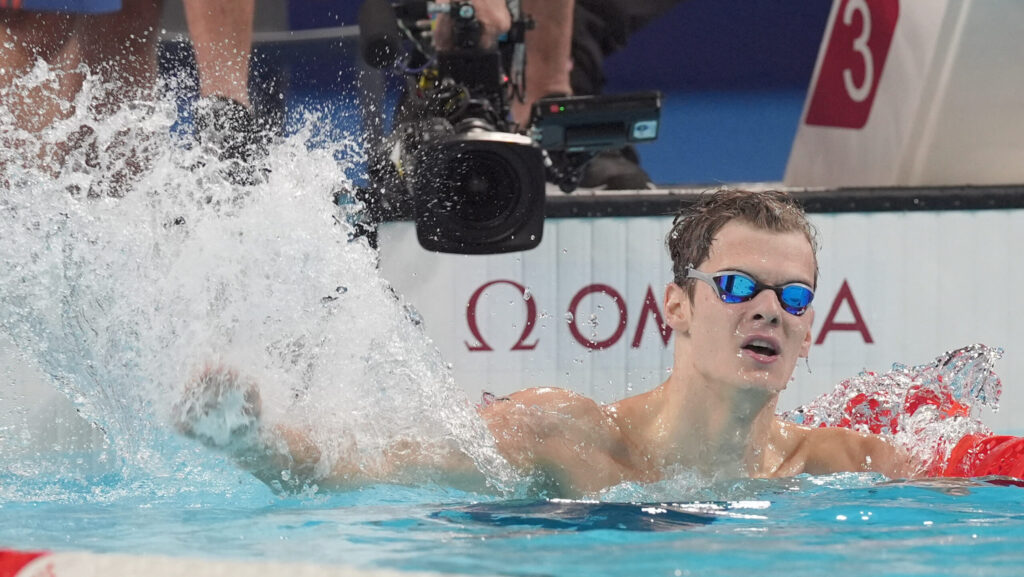
Hungary’s rising swimming stars shone at the NCAA finals in Washington. Hubert Kós stormed to three gold medals, including a world-record-breaking swim, and helped the University of Texas secure the NCAA team title. Zalán Sárkány retained his title in the 1650-yard freestyle, while Minna Ábrahám broke her school record in the women’s 200-yard event.
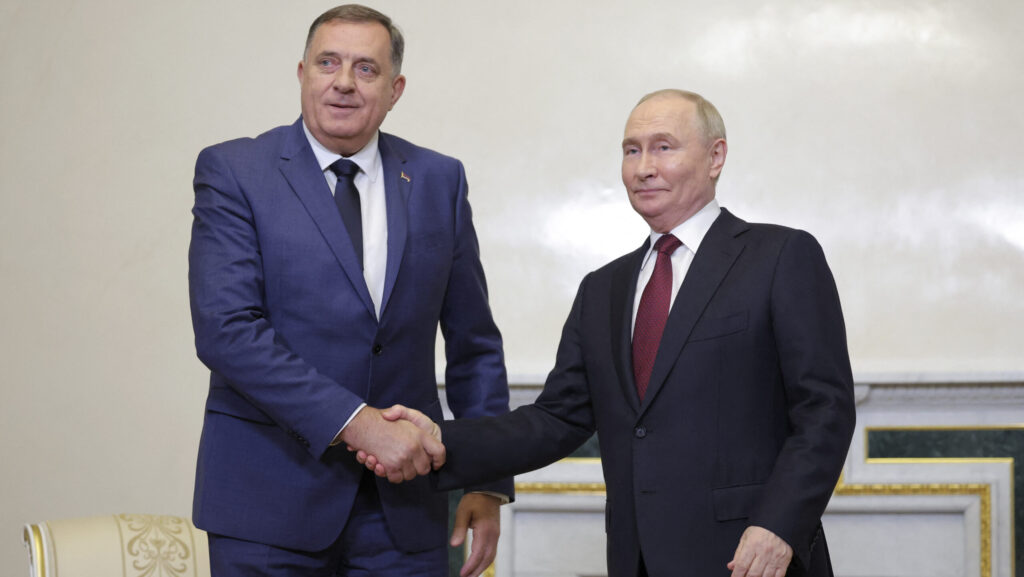
According to local media reports, President of Republika Srpska Milorad Dodik is currently in Moscow, where he is scheduled to meet Russian President Vladimir Putin on Tuesday. Interpol issued a ‘red notice’ for Dodik after he left Bosnia and Herzegovina despite an active federal arrest warrant, having visited Serbia and Israel in the past week.

Budapest witnessed rare protests in recent days, as demonstrators rallied against what they describe as a ‘Pride-ban’—an amendment to the law on the right of assembly, which imposes stricter conditions on mass events that violate the child protection law. Among the speakers was the infamous German MEP Daniel Freund, who effectively admitted that Brussels has been working for years to oust Viktor Orbán’s government, with the current demonstrations being no exception.
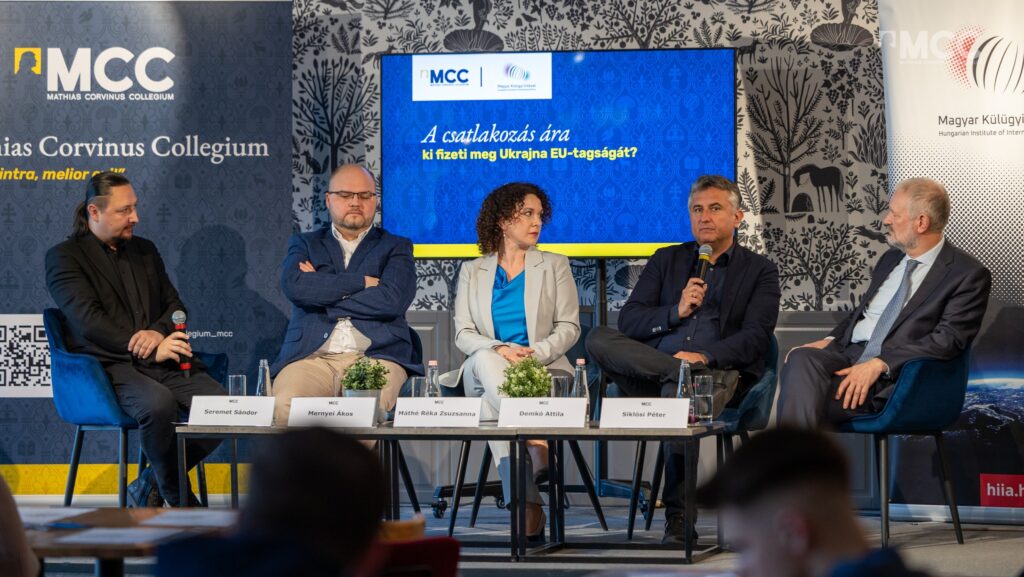
The Hungarian Institute of International Affairs presented its comprehensive study on the potential consequences of fast-tracking Ukraine’s accession to the European Union at a panel discussion organized by Mathias Corvinus Collegium. Experts agreed that the EU must identify alternative means of supporting Ukraine’s stabilization and long-term development beyond full membership.
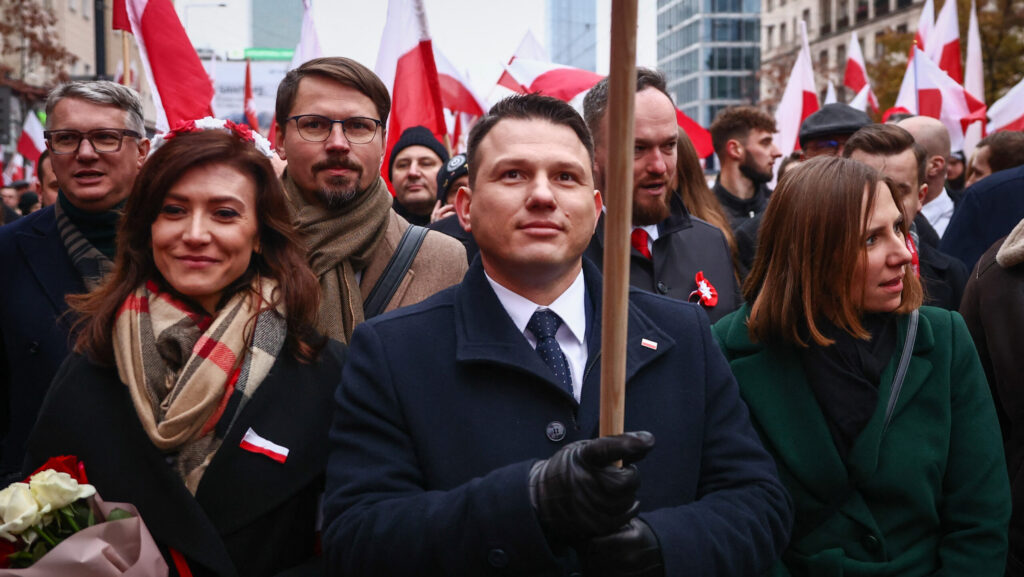
Poles increasingly view support for Ukraine as a burden on the nation, with public sentiment shifting rapidly in a negative direction. This is clearly reflected in the rising popularity of Sławomir Mentzen, the presidential candidate of the right-wing Konfederacja, who is firmly opposed to the war and to unconditional support for Kyiv.

Four US soldiers stationed in Lithuania went missing on Tuesday during a training exercise near the Lithuanian–Belarusian border. On Wednesday NATO Secretary General Mark Rutte claimed that the troops had been killed; however, the US Army and the Lithuanian Armed Forces stated that the search is still ongoing.

Released on the Lunar New Year, the Chinese animated movie Ne Zha 2 has become a true success story. The film recently broke into the ranks of the global box office elite, surpassing Star Wars: The Force Awakens, and is now on the verge of sinking James Cameron’s Titanic.
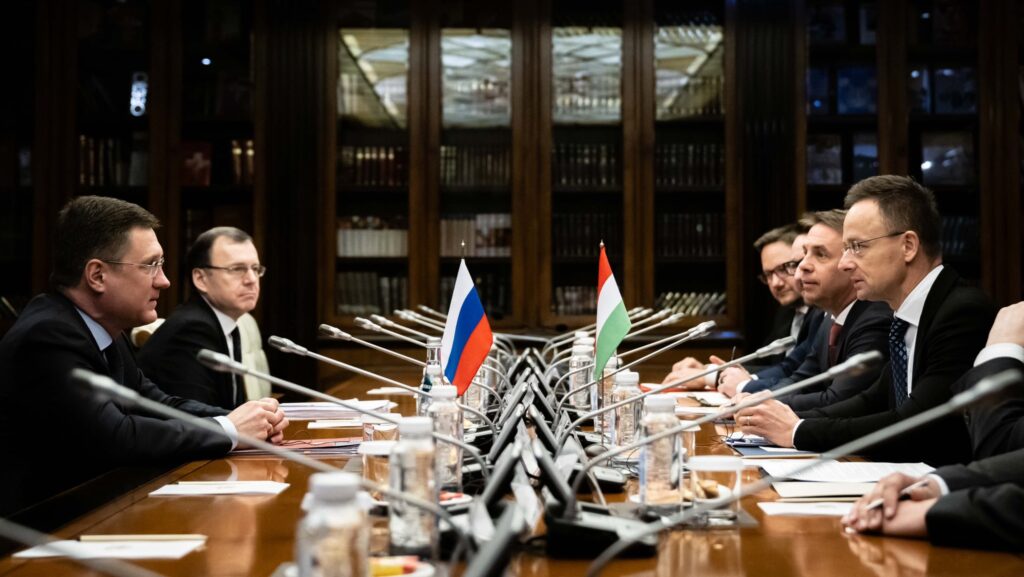
Since the outbreak of the war in Ukraine, Hungary’s energy security has faced constant and varied threats—from strikes on Russian gas pipelines to the suspension of transit through Ukraine. However, if the current ceasefire agreement is implemented effectively, Budapest could finally experience stability in this regard.

Hungarian Conservative is a quarterly magazine on contemporary political, philosophical and cultural issues from a conservative perspective.